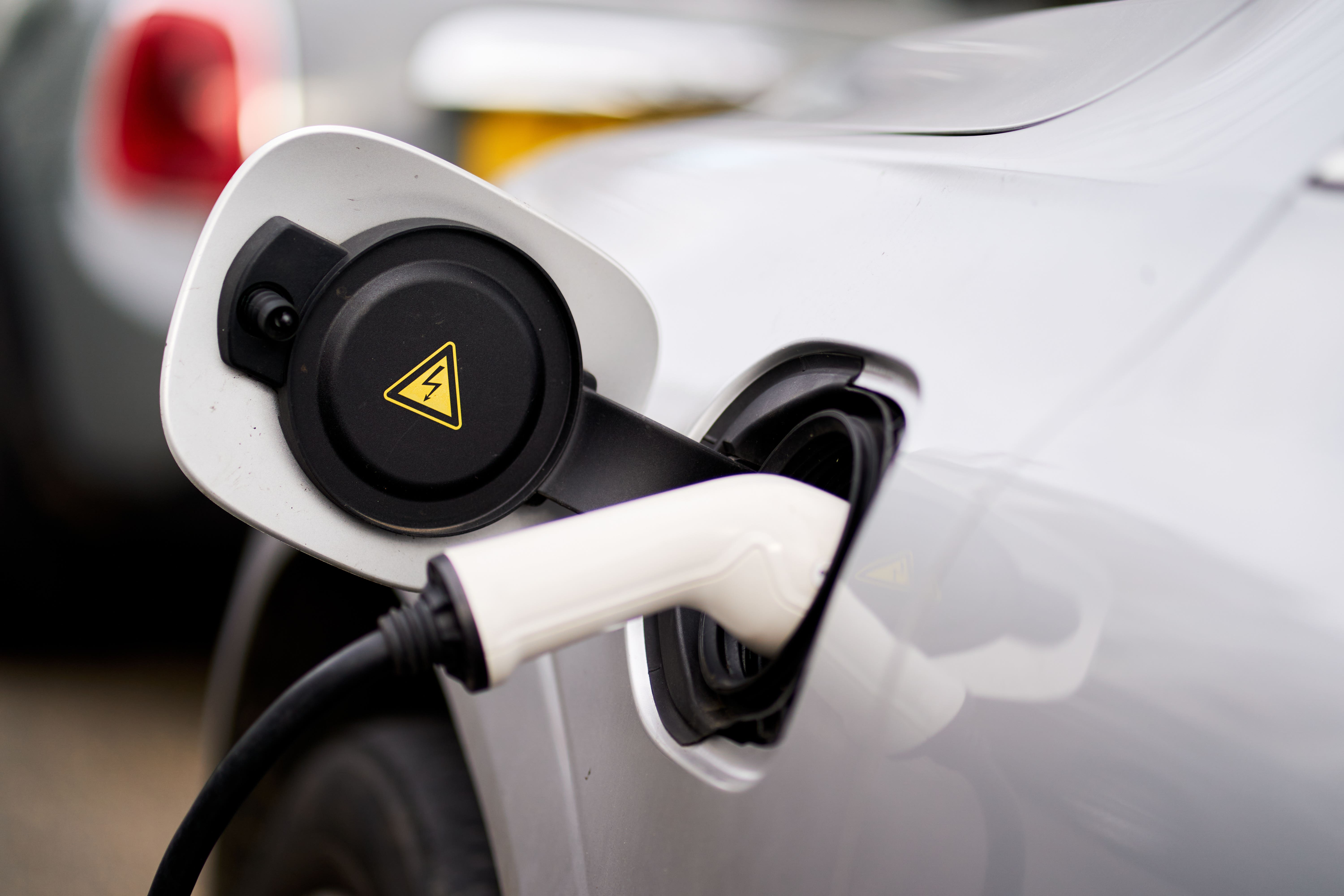Battery breakthrough gives electric cars huge range boost
New battery could increase range of electric vehicles by 60 per cent

Scientists have discovered a new way to build batteries that could significantly reduce production costs and increase the range of electric vehicles.
A team from the University of Boulder Colorado used a powerful X-ray machine to figure out why rechargeable lithium-ion batteries lose capacity over time.
“We are helping to advance lithium-ion batteries by figuring out the molecular level processes involved in their degradation,” said Michael Toney, a professor in the Department of Chemical and Biological Engineering at the University of Colorado Boulder.
“Having a better battery is very important in shifting our energy infrastructure away from fossil fuels to more renewable energy sources.”
The researchers realised that hydrogen molecules from the battery’s electrolyte were preventing the lithium ions from moving to the cathode in order to produce a current that can power electronic devices.
This loss in capacity can be addressed by coating the cathode in a special material, which could significantly improve the battery’s performance and increase the range of an electric car by up to 60 per cent.
“All consumers want cars with a large driving range. Some of these low cobalt-containing batteries can potentially provide a higher driving range, but we also need to make sure they don’t fall apart in a short period of time,” said Professor Toney.
“Now that we understand what is causing batteries to degrade, we can inform the battery chemistry community on what needs to be improved when designing batteries.”
The research was published in the journal Science on Thursday, in a study titled ‘Solvent-mediated oxide hydrogenation in layered cathodes’.
The latest breakthrough comes just days after researchers from Chalmers University of Technology in Sweden unveiled a new battery made from carbon fibre that they claim is the world’s strongest battery.
The material is sturdy enough to serve as a load-bearing structure, meaning it could potentially be integrated into the design of an electric vehicle in order to increase range and reduce weight to the point it could be used to power electric planes.
Join our commenting forum
Join thought-provoking conversations, follow other Independent readers and see their replies
Comments